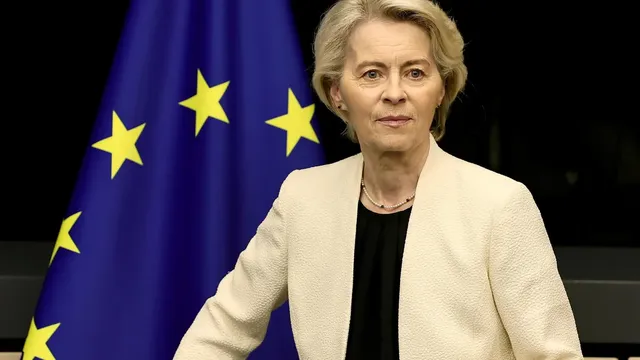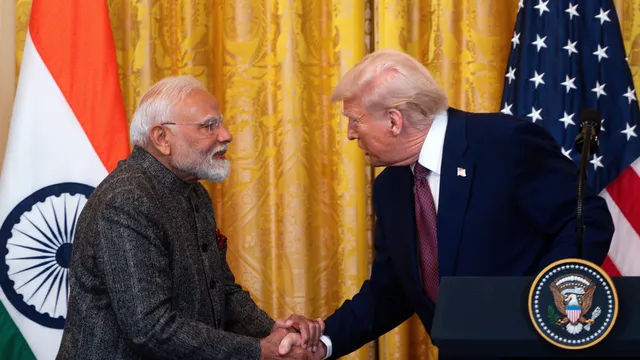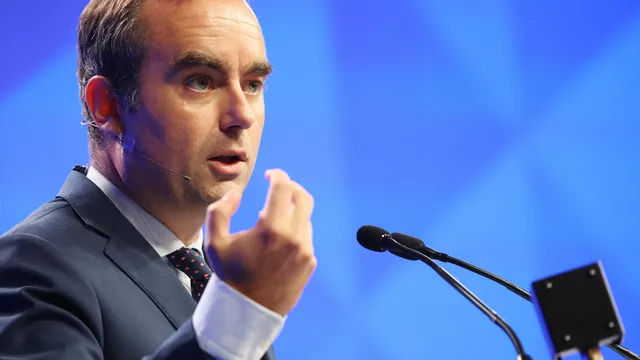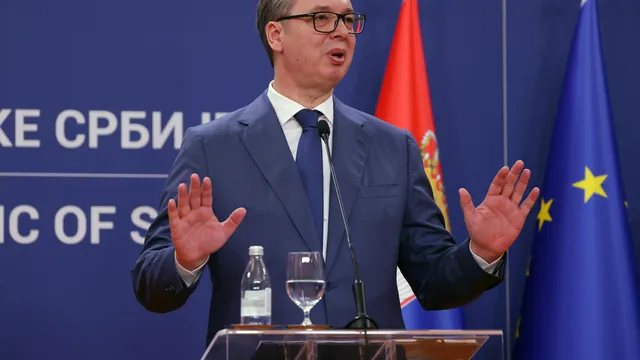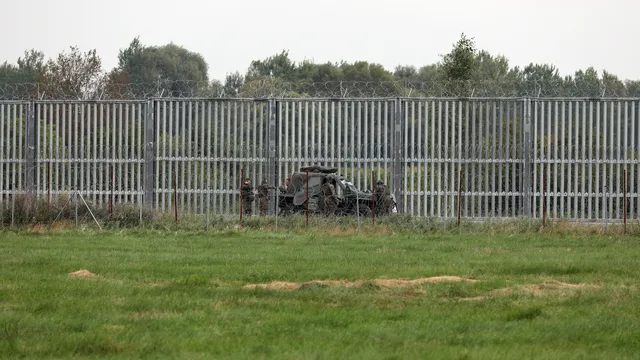Budapest, Keleti Station. Here, the trains carry far more than passengers and freight. Along these tracks move dependencies—economic, political, and strategic—that tie Central Europe to the Balkans and open the gates for China’s advance deep into the European Union. The new BGNES documentary by journalist Dimitar Ruskov exposes how a vast web of loans, infrastructure deals, and political alliances is quietly redrawing the geopolitical map of Southeast Europe.
The film follows Beijing’s expanding footprint across the region, showing how Chinese state-backed loans are fueling authoritarian power in Hungary, Serbia, and North Macedonia. Signed behind closed doors through institutions like the Bank of China, these opaque agreements come with hidden conditions that leave nations politically and financially bound to Beijing.
At the heart of the story lies the Budapest–Belgrade high-speed rail line, a signature project under China’s global Belt and Road Initiative. Experts warn it is overpriced, secretive, and economically irrational. “We’ll be paying off this debt for hundreds of years,” says Hungarian opposition leader Márton Tompos, highlighting the absurdity of a railway designed to bypass key Hungarian cities. The mayor of Budapest’s 9th District, Krisztina Barany, adds: “The danger isn’t the loan itself—it’s the terms.” She points to buried contract clauses and a complete lack of public oversight, leaving Hungary dangerously exposed.
Prime Minister Viktor Orbán stands at the center of this growing dependency. After the European Union froze billions in funding over rule-of-law violations, Orbán pivoted sharply toward Beijing and Moscow, transforming Hungary into China’s strategic gateway into the EU. The film reveals how Chinese facial-recognition systems, surveillance cameras, and tracking software are already being deployed against protesters and political opponents in Hungary. Even more alarming, a network of illegal Chinese “police stations” and espionage hubs has begun operating in Budapest. In one of the film’s most revealing moments, we learn of the Hungarian government’s plan to host a massive campus for China’s Fudan University, an institution widely accused of facilitating state espionage and political indoctrination. That plan collapsed after massive nationwide protests.
Political analyst Tamás Matura explains that Orbán is building an alliance of like-minded regimes designed to weaken Europe’s unity from within. Hungarian MP Ákos Hadházy claims Orbán’s “Eastern strategy” is not about economics but about consolidating personal power. Journalist József Makai warns that China’s technologies are enabling state surveillance at an unprecedented scale, while former MP András Fekete-Győr describes Orbán’s tight control over the media and the spread of anti-EU propaganda and disinformation.
In Serbia, President Aleksandar Vučić follows Orbán’s playbook, using Chinese financing to cement his grip on power. Montenegro, meanwhile, teetered on the brink of sovereign bankruptcy after taking on massive loans from Beijing. Serbian political analyst Vica Mitrović reveals how Chinese-owned mining operations are devastating local environments and threatening the health and livelihoods of ordinary citizens.
In North Macedonia, Chinese capital has deeply infiltrated media, politics, and infrastructure. The controversial “Serbian World” project aims to tether Skopje more tightly to Belgrade. Former Macedonian counterintelligence chief Goran Mitevski warns that Belgrade, Budapest, and Beijing are coordinating a campaign of media manipulation and political influence. He calls on security agencies to push back against foreign interference before it is too late.
Greece plays a critical role in Beijing’s strategy. In 2009, the Chinese shipping giant COSCO acquired 67% of the Port of Piraeus, transforming it into China’s primary logistics hub in the Mediterranean. Since then, billions in Chinese investments have poured into Greece, giving Beijing a commanding foothold on Europe’s southern flank.
The documentary lays bare China’s grand strategy: mega-investments, debt entrapment, and technological dominance designed to create a spiral of dependence across the Balkans. Strategic transport corridors like Corridor 10 could soon become political choke points, giving Beijing leverage over governments and even threatening NATO’s military mobility in the region.
For the region’s authoritarian leaders, a stronger, more integrated European Union poses a direct threat. Behind the façade of gleaming infrastructure projects, a new geopolitical order is taking shape—one where China, Russia, and their Balkan allies seek to reshape Europe’s future to fit their own interests. BGNES’s documentary pulls back the curtain on this hidden agenda, revealing how Beijing is transforming the Balkans into a strategic gateway and testing the West’s ability to defend its values and influence. | BGNES

 Breaking news
Breaking news
 Europe
Europe
 Bulgaria
Bulgaria

